I realize some may read the title and think, “What the hell is he talking about? Training and education are basically the same thing.”
I beg to differ. Training is all about rote memorization. Training is teaching people how to follow a “recipe.” Training leads to rigidity and inability in a fast-changing world to adapt and move off the playbook.
Training puts process and procedure in place of an ability to think and problem solve and adapt as needed. I call my US bank. The phone rings in Metro Manila in a call center somewhere. I get a pleasant call operator on the phone, following the script onscreen. I make a comment that I am calling from Alabang, Philippines, and get an “Oh, Sir, that is nice to hear you are so close by.”
That’s what training gets you. Rote memorization, recite what is on the screen. When it is all about training and handing out playbooks, we strip the brains out of people, and transform them into quasi-robots. Robo-employee! Sounds like a new movie.
No place in business is more risky to implement “training” than in sales. Give people a script on how to sell an item, and they can sell it in a one-size-fits-all approach. But objection handling? Learning how to sell beyond the spiel in question? They never learn how to sell. They learn purely how to pitch a given item without understanding the underlying sales process itself.
It’s teaching people to follow a recipe. And training is not what most companies need. You won’t get innovation and thinking out of the box when you train people. When you take someone’s brain away and mandate a rote step-by-step procedure, you cannot expect these same people to think off the linear lines and come up with breakthrough ideas. It simply won’t happen. They have been taught to let other people do the thinking for them. They just “execute.”
Training leaves a company ill equipped to deal with change. To deal with ambiguity. To innovate. And this means eventually a company at risk. Because the people are the heart and soul of any company.
So what is education then?
Education is teaching people how to cook, versus following a recipe. It is teaching based on principles and underlying theory versus handing out playbooks to everyone. One can use examples in an education environment, but they are examples for purely illustrative purposes. It’s not a rote memorization exercise.
Education is teaching your people to think for themselves. To solve problems. To innovate. To find better ways. To deal with the change and ambiguity that comes in today’s fast-changing business world.
Education is teaching the five steps of persuasive selling to your sales team. Teach them this and they can sell anything, as they understand selling at its core. Teach them a script, and they can’t sell anything beyond the script. The first thing I teach my sales teams is how to sell. Five-step persuasive selling!
It’s a not-so-subtle shift in how an organization approaches the development programs for its employees. It is making the shift from “product sales training” to “persuasive selling technique” while using the existing products as examples to practice on. It is taking away perfect scripts for customer service reps and training on “The 10 steps of a call” and teaching how a perfect call should flow, how to build rapport with the customer. This is not hard to do. It is a change in approach and can be done with great results.
Education is teaching principle-based management. Teaching people good principles like “The consumer is boss” and with this in mind, allowing them to apply a good principle across their areas of responsibility instead of dictating how it should be done.
Still not convinced? Still think training and education are the same thing? Still think this is all semantics?
Okay, fair enough. I just have one question for you then to see if this turns the light bulb on in your mind.
If you don’t already have a teenage daughter, imagine you do. She is 14 or 15 years old. Beautiful. Already the boys are taking notice. And you notice this with a hint of apprehension.
What would you rather have your daughter attend in her school, a sex education program, or a sex training program?
Still think it’s semantics?
